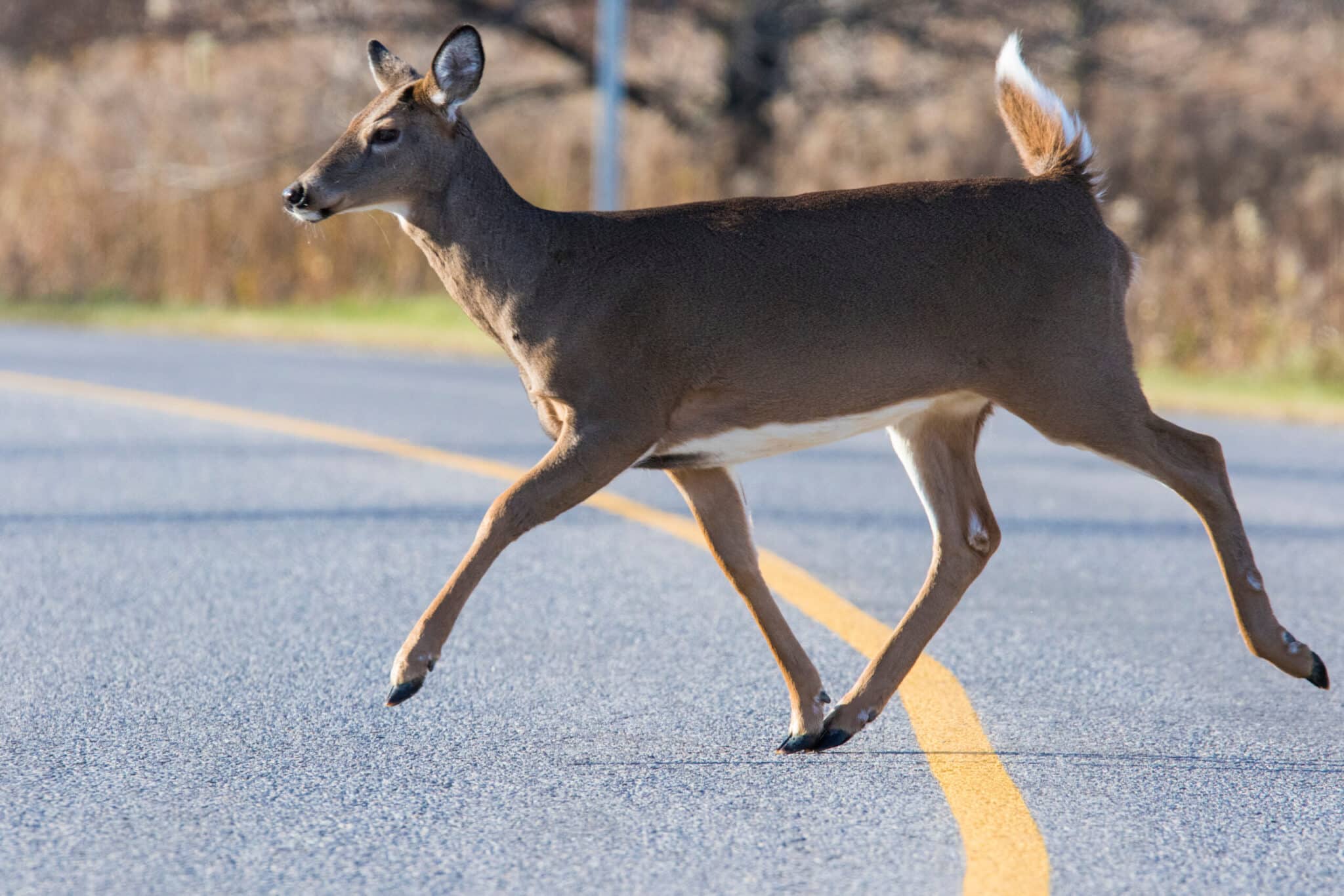
Last updated on October 31st, 2025 at 09:31 am
If you’re in an automobile accident, and someone gets hurt, or the other vehicle gets damaged, you will want to know if you were at fault. Regarding legal liability, being at fault means that you were negligent or reckless and that your careless behavior caused or contributed to the accident. If you’re found to be at fault, there are consequences. Any people who were injured in the accident or whose property was damaged may be able to sue you and seek financial compensation from your insurance company.
Knowing if you were at fault is also essential if you get into an accident – say, hitting a tree – where no one else is involved, but your car gets damaged. In this situation, your insurance company may treat your case differently depending on whether or not they determine you were at fault. However, not every accident will be an at-fault accident. In some accidents, no one is considered to be at fault. This brings us to a common question for Mainers: is hitting a deer or other animal an at-fault accident?
Is Hitting a Deer an At-Fault Accident?
In Maine, you are not considered to be at fault if you hit a deer with your car – unfortunately, this happens often in our state. Hitting a deer is not considered an at-fault accident and is instead considered to be an unavoidable accident.
What Should You Do If You Hit a Deer With Your Car?
If you do hit a deer, you should take the following steps:
- Pull over and stop in a safe location.
- Turn on your hazard lights.
- Keep away from the deer if it’s still alive so as not to frighten it.
- Report the accident. This is not optional. Maine law requires that you report the accident to a law enforcement officer by “the quickest means” possible. You could be fined $100 to $500 for failing to report a collision with a deer. You could be charged with a crime if you have had three prior violations of this law within the last five years.
- The investigating officer will determine if your car sustained damage. If so, you will be given a certificate to take possession of the deer carcass. You must remove the whole deer from the scene if you take it. If you remove only a portion, you will be subject to the same penalties for failing to report the accident.
- If your car was damaged and/or injured, contact your insurance company to find out what is covered under your plan and what you need to do to make a claim. You will generally need comprehensive coverage for damages to your car and Medical Payments coverage for your injuries.
If you hit a deer with your car, and you believe your insurance policy should cover the damages or injuries but your insurance company refuses to pay, contact the award-winning legal team at Garmey Law for a free consultation. Call us at (207) 481-4683, or contact us through our website, and we’ll get back to you within 24 hours.